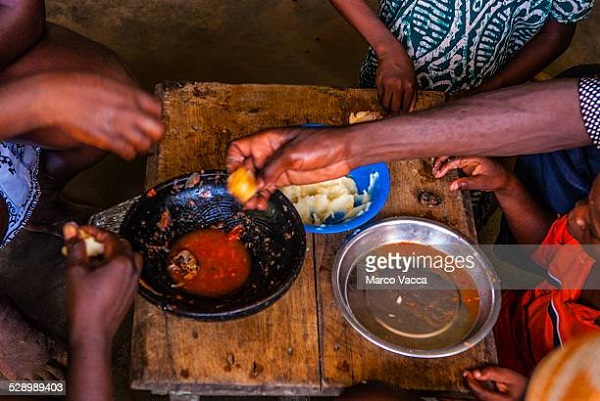Ghana’s household spending as forecasted by Fitch Solutions, is poised to rise to GHS107.8 billion in 2023, exceeding the pre-pandemic figure of GHS101.9 billion reported in 2019.
However, this expansion is not without its caveats. Fitch Solutions projects a deceleration in real household spending growth to 2.0% year-on-year in 2023, with the prospects for the following year, 2024, reflecting a more robust but still cautious average growth rate of 4.0% year-on-year. The reasons for this measured optimism are manifold, but persistent challenges loom large.
Chief among these challenges is the specter of inflation, which has emerged as a formidable headwind for consumers in Ghana. Fitch Solutions expects inflation to remain a dominant concern, with a forecasted average of 40.6% year-on-year in 2023, notably surpassing the estimated average of 31.9% year-on-year observed in 2022. This inflationary pressure promises to significantly curtail the purchasing power of households across the nation.
Additionally, fiscal consolidation policies, coupled with interest rate hikes, are contributing to heightened household debt repayment costs, further denting the capacity of Ghanaian households to allocate resources towards consumer goods and services. The reality of a depreciating cedi, driving up the cost of imported consumer goods, only serves to compound these woes.
Fitch Solutions’ prognosis for consumer spending growth in Ghana, closely aligned with the Country Risk team’s broader economic outlook, anticipates an economic growth deceleration to 3.0% year-on-year in 2023, followed by a modest rebound to 3.7% year-on-year in 2024.
Looking ahead, the monetary policy landscape reveals a cautious optimism. The Bank of Ghana (BoG) is anticipated to maintain its benchmark interest rate at 30.00% until the final quarter of 2023, with a prospective initiation of a monetary easing cycle as inflation gradually subsides towards the 20% threshold, while economic growth exhibits a degree of fragility.
By the close of 2023, the BoG is forecasted to implement a 200 basis point rate cut, reducing the policy rate to 28.00%. Subsequently, a further 600 basis point reduction is envisaged throughout 2024, culminating in a year-end rate of 22.00%.
Nevertheless, these interest rates, despite the anticipated declines, are poised to linger significantly above pre-pandemic levels, which stood at 16% in 2019. This persistent elevation will inevitably cast a shadow over debt servicing for Ghanaian households, ultimately limiting their capacity to indulge in consumer expenditures.
The economic landscape in Ghana remains fraught with challenges, with inflation, fiscal policies, and interest rates emerging as central narratives. While a measured easing of monetary policy is on the horizon, Ghana’s households are poised to grapple with lingering uncertainties and constraints on their purchasing power in the near term.
Norvanreports





